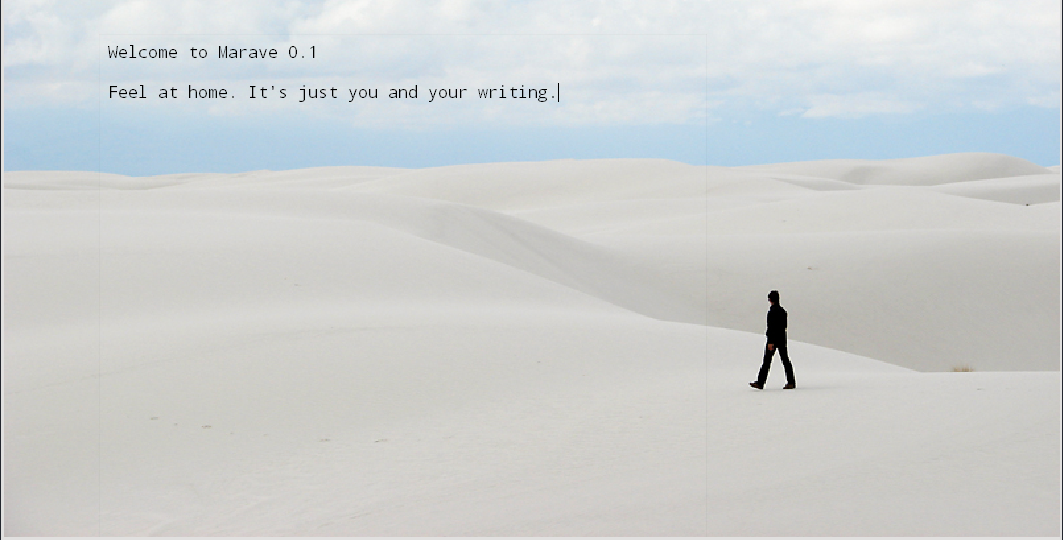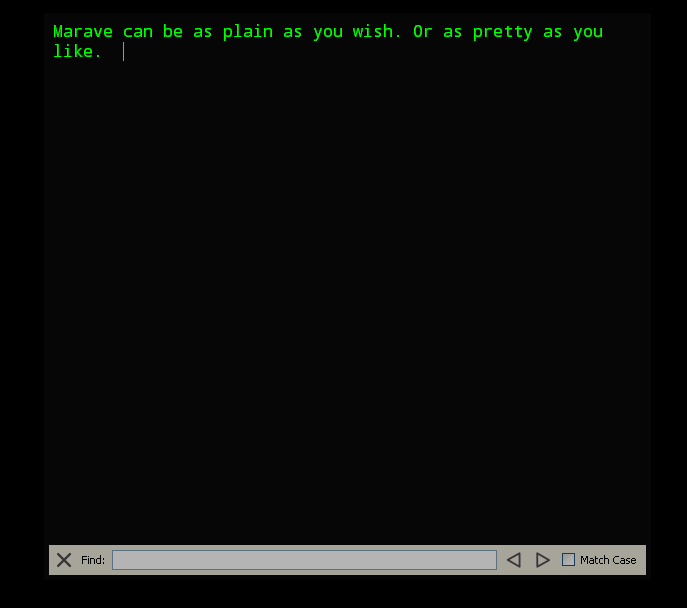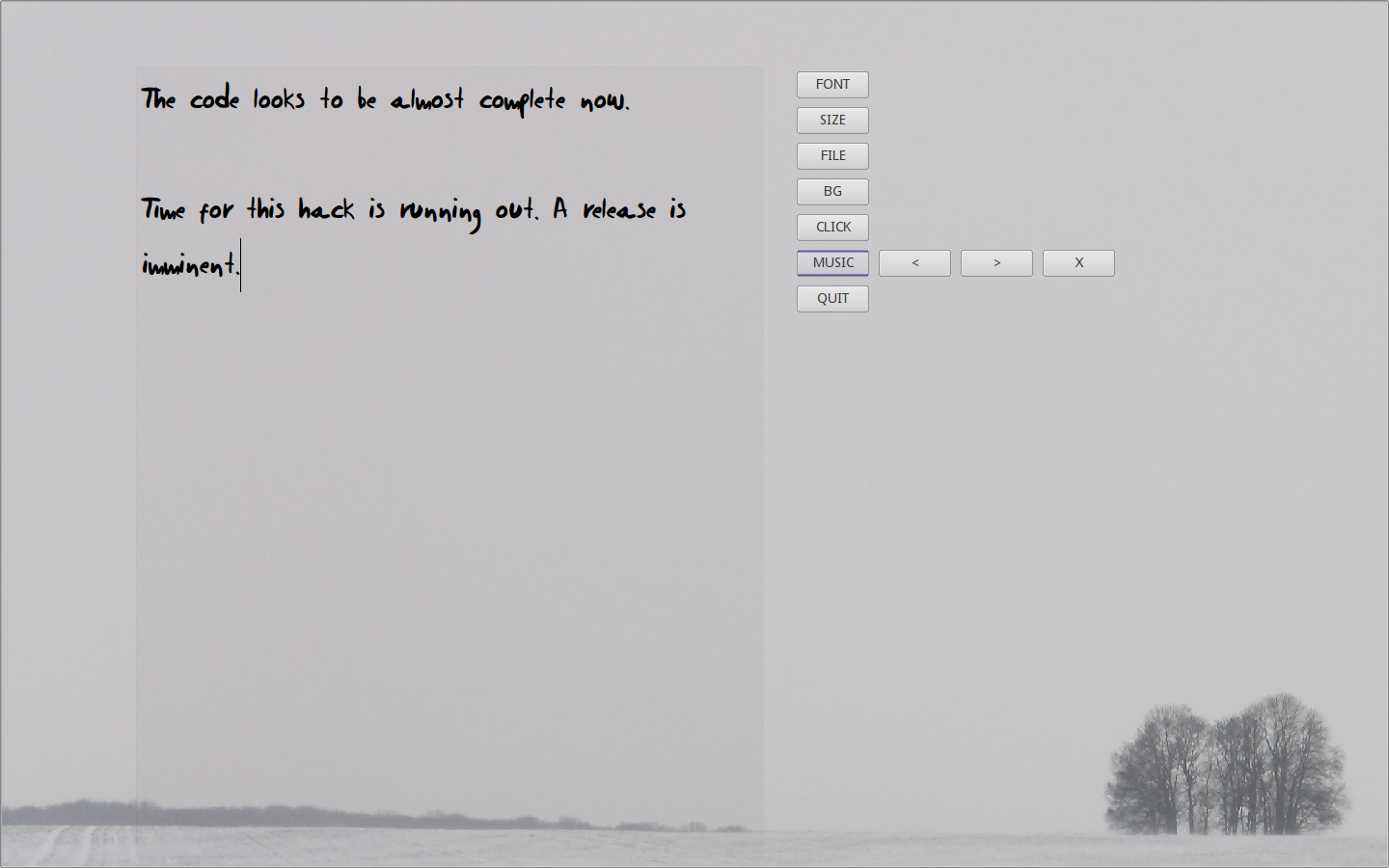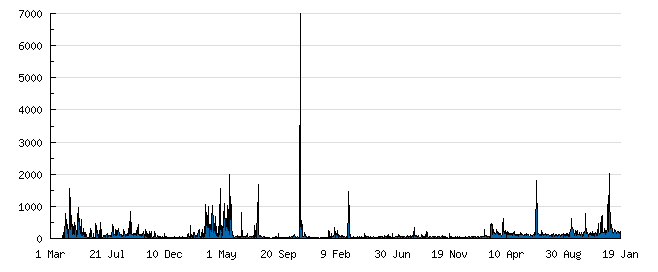Everything I will say here was probably better said by Mark Pilgrim
<http://diveintomark.org/archives/2010/01/29/tinkerers-sunset> but what the heck, let's give it a shot.
Here's what's wrong with the iPad: it sucks for me.
Before anyone says "don't buy it then!" I'll say it first: I don't intend to buy one.
I think there is a place for iPads and it would go agains most of my beliefs to say it shouldn't exist, but I also expect it to make our world poorer, if it's popular enough.
Yes it's hostile to tinkering. Yes, to read about that, see Mark Pilgrim's article, he's a much better writer than I.
I once posted the README file for a piece of software called Atlast. It said things like "make everything programmable" and "[It is] far better to invest the effort up front to create a product flexible enough to be adapted at will, by its users, to their immediate needs."
The iPad and most other Apple products are the antithesis of that. They are products meant to be exactly as they are, and that's all they are goint to be. If you want to change the way it acts, you need to pay and be subject of Apple's whim, or "break into" your own device.
That hurts me. I see people give up even the possibility of changing what a (let's say it) pretty, useful, powerful device is capable of, just because they don't what that freedom. I can understand that from, say, a used car salesman, or whatever, someone without any inclination for that craft.
But I see freaking programmers buying apple kit. And I see them happy with their iPhones and iPods and (soon, surely) iPads, buying apps from the only source enabled to sell them, buying the apps that are allowed by a single party, that decides, hey, this app? you won't need it!
I see them and I say to myself, dude, that thing you hold in your hand is more powerful than anything we had 10 years ago, there must be something cool you could do with it that noone else is doing.
What's the vision a programmer has of his future if he endorses Apple's closed kit? A future where he can program something only if Apple approves? A future where a "real" computer is a SDK for the things "real people" use in their everyday lifes?
What is wrong with you? What happened to you? Are you now the kind of guy that's just happy with what he's given? Are you now a freaking utilitarian? Are you old now?
Have you noticed the trend in Apple's new products is towards less control by the user? First it was just handhelds, now there's a tablet. What was the last new interesting Apple product that wasn't locked up?
Here they had a device which could have OSX or Iphone OS, and they went with Iphone OS. There is a reason for that: it makes them more money.
For OSX, they make money of the hardware, the OS upgrades, and some apps. On the iPad, they make money every time you buy any app, every time you buy a book to read in it, every time you use 3G with the prepaid plan, and I am sure they are going to find other ways too.
And what's the key to making money that way? Control. If they had no exclusive control of the App store, they lose a source of revenue. If they allowed for easy development of hobby apps, they would lose revenue. If they could let you replace the freaking battery, they would lose revenue.
And if there's one thing companies hate is losing revenue. Apple saw two paths ahead, one leading to huge money, the other to just big money. They have taken the huge money path, and it's working for them. They are not going back.
If everyone goes along for the ride, it will be a sad thing.





